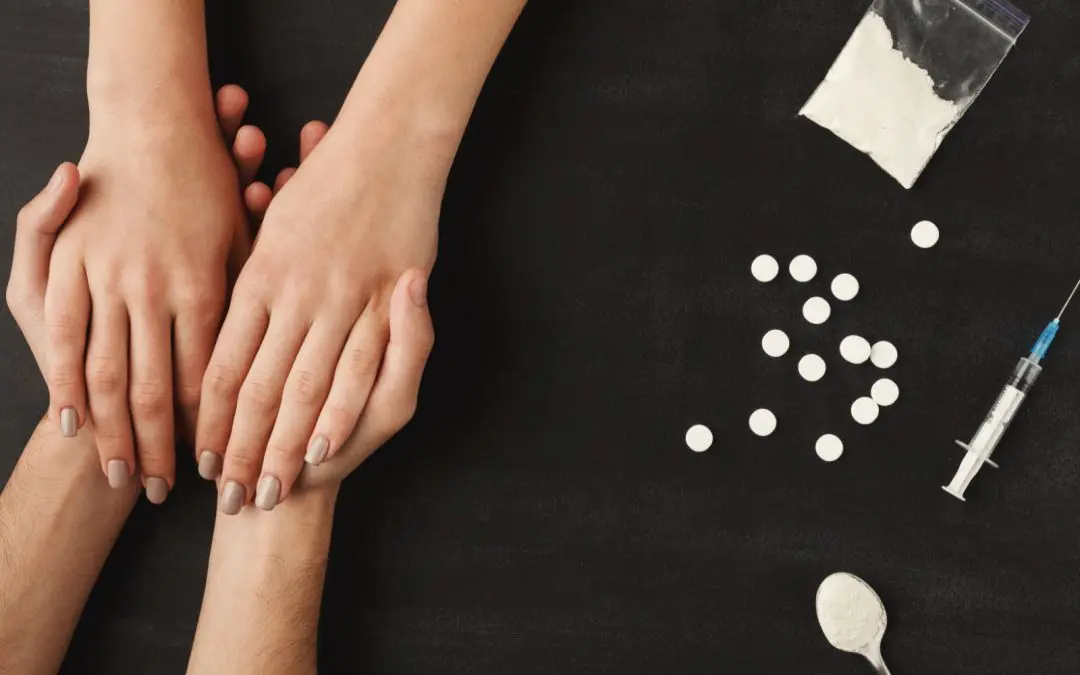24/7 Helpline:
(866) 899-111424/7 Helpline:
(866) 899-1114
Learn more about Codeine Detox centers in New Albany
Codeine Detox in Other Cities
Other Categories in New Albany

Other Insurance Options

AllWell

WellPoint

UMR

UnitedHealth Group

Evernorth

State Farm

MHNNet Behavioral Health

Carleon

Covered California

Coventry Health Care

Horizon Healthcare Service

GEHA

ComPsych

Health Partners

Group Health Incorporated

Sliding scale payment assistance

Oxford

Multiplan

Optima

Private insurance

Our Place – Drug and Alcohol Education
Our Place - Drug and Alcohol Education is a non-profit rehab located in New Albany, IN. Our Place - ...

LifeSpring Health Systems – Floyd County Office
LifeSpring Health Systems is a premier provider of co-occurring mental health and substance use diso...

Groups
Groups is private healthcare company providing outpatient treatment for opiate addiction using weekl...












































